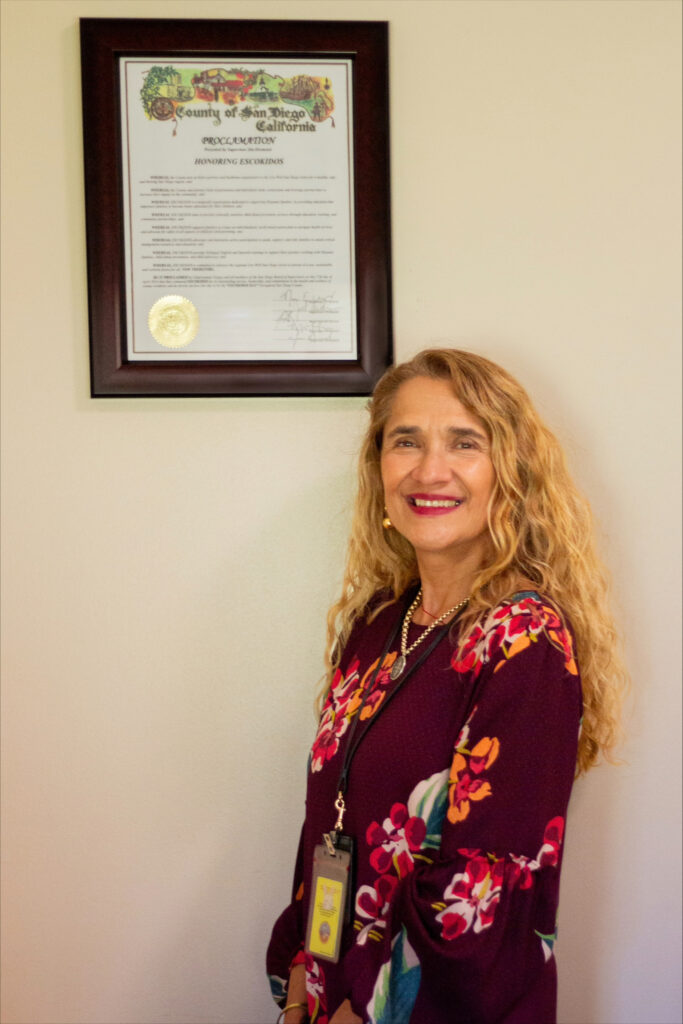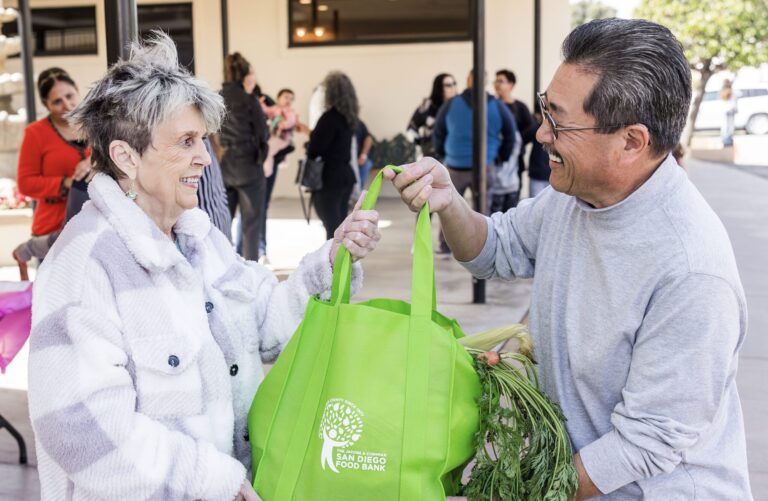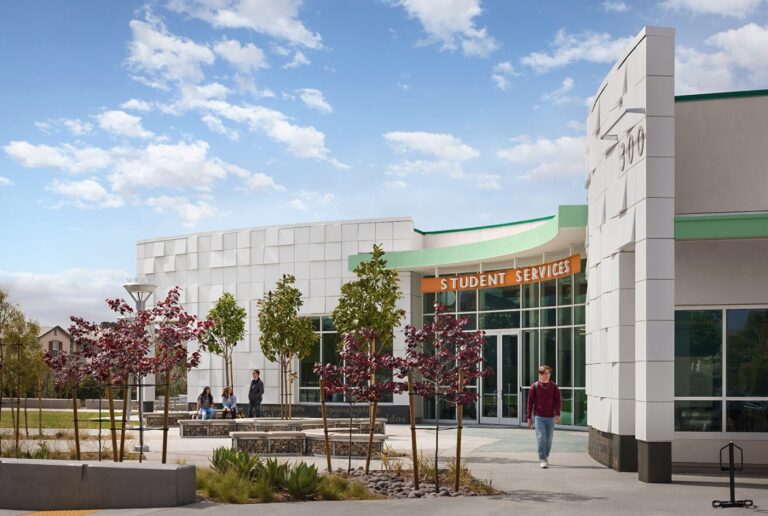By NCI
760-641-1734
tati@escokidos.org
Tatiana Rosenborg knows how hard it is to raise kids today. To help parents steer clear of the county system and retain full decision-making authority over their children, she and her husband started the nonprofit EscoKidos.
The goal of EscoKidos is “To provide culturally sensitive child abuse preventive services to families in need through education and training, by partnering with other organizations and the community at large,” says the website.
“Let’s not wait until you have a major problem on your hands,” Tatiana urges. “If you fall into the county system, it’s very difficult to get out.” Over that last five years, most county hotline referrals are among the Hispanic population, she adds.
Tatiana and her husband Richard worked for CPS for nearly two decades. “We realized that there is a gap in services for the Hispanic community,” says Tatiana. There were cultural misunderstandings and a lack of education and support, particularly in prevention and especially in North County when compared to the rest of San Diego.
To give back to the community, they opened EscoKidos for children aged 0 to 18 whose parents “are encountering barriers not just to exist…but to thrive,” says Tatiana. “The parents have a lot of need of services that go to them, that are tailored to them, that are flexible to their schedules.”
Immigration status is “another barrier that has kept them in the shadows for many years, and they don’t want to make any waves, they don’t want to be noticed,” says Tatiana, so they can be “easily victimized by systems, by people, by crime.”

Lived Experience
Tatiana learned the hard way how complex the US system can be. Born in Costa Rica, she visited the United States as a young woman and decided to stay to learn the language and culture.
After getting married, she volunteered with youth as a social worker and domestic violence facilitator, with a program for sexually abused children, and in classroom mental health. Taking advantage of every opportunity to go to certifications and trainings, she says, “I think that’s where the true love for social work was born.”
Soon, she began working in protective services with the county, but life would show her firsthand what she had been training for. As she went through a divorce, she says, “The whole thing of the custody was terrifying for me, not to understand how this country worked, regarding the laws, going to court…I received a lot of threats from the father of my child, an American person who had the means and that intimidation factor.”
Working in child welfare, she learned about the rights of single parents. “It helped me navigate my own situation as I started to help other parents,” she says.
Being bilingual, she was placed in different units—with drug-endangered children, at the border as a government liaison for children kidnaped and taken into Mexico, and with children dependent on child welfare. She also supervised a pilot domestic violence unit. “That gave me a broad spectrum of what child welfare was.”
Years later, after she had remarried and retired, she put her experience to good use with EscoKidos.
Education and Prevention
EscoKidos has served 150 individuals over the last three years.
Their largest partner is the District Attorney’s Office through One Safe Place, where they deal with mothers, often undocumented, who are fleeing domestic violence. The kids tend to have disciplinary problems and can easily fall into legal trouble.
EscoKidos also goes to homes and schools to help families directly, mainly in Escondido, at their office on the corner of Rose and Mission, but also in San Marcos, Vista, Oceanside, Fallbrook, and Valley Center.
The final piece is community advocacy, the education and prevention part. “We need to get more involved in our kids’ education,” Tatiana says.
She encourages parents to reach out. “Talk to school counselors before the issue gets too big…Use services before something happens.” CPS can take their children away if problems get out of control. “Our kids have it rough out there. …If we don’t become more present and more active, and if we don’t advocate for them, you could potentially lose them,” she says.




